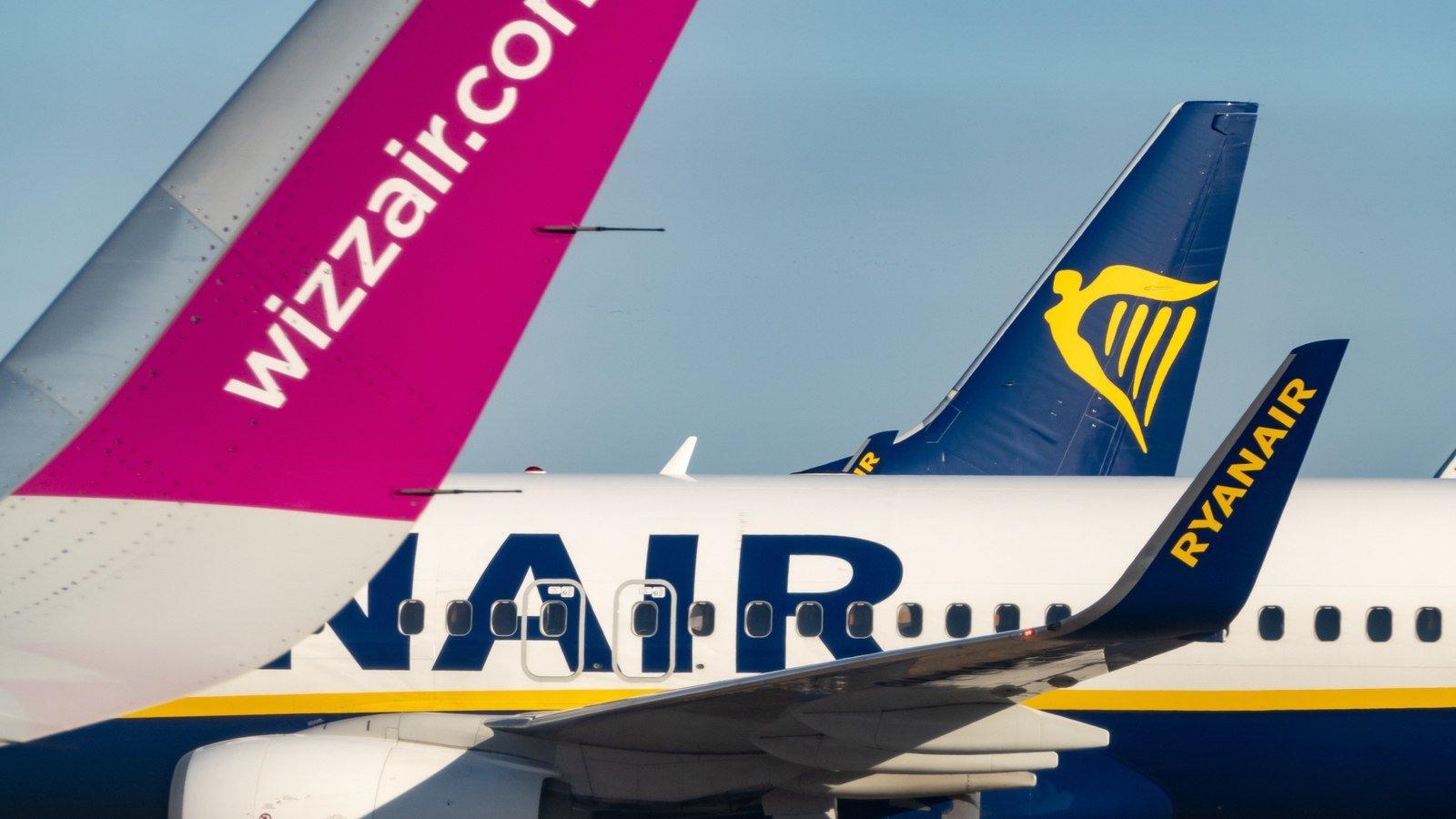
In recent years, the proliferation of low-cost airlines has transformed the aviation landscape, offering travelers unprecedented access to affordable air travel. As these budget carriers continue to capture a significant share of the market, a critical question emerges: do they deliver reliable customer service? This article seeks to provide a comprehensive examination of the customer service standards maintained by low-cost airlines, comparing them with traditional carriers to help travelers make informed decisions. By exploring various aspects such as customer feedback, complaint resolution processes, and overall service efficiency, we aim to shed light on whether these airlines can meet passenger expectations without compromising on service quality.
Evaluating Customer Service Standards in Low-Cost Airlines
In the realm of budget air travel, the focus often leans towards affordability and efficiency, but how do these airlines measure up when it comes to customer service? Low-cost carriers have made air travel accessible to a wider audience, yet the trade-off sometimes involves a reduced level of service. Evaluating these standards involves examining several key factors that influence the passenger experience. These include:
- Response Times: Many budget airlines are scrutinized for their handling of customer inquiries. The speed and effectiveness of their responses, particularly during disruptions, are critical.
- Support Channels: The availability of various communication methods, such as phone support, live chat, or social media, can greatly impact customer satisfaction.
- Service Consistency: While cost-cutting measures are expected, consistent service quality across different flights and routes remains essential.
While some low-cost airlines excel in certain areas, they often lag behind traditional carriers in offering comprehensive customer support. Feedback mechanisms, such as customer surveys and online reviews, are valuable tools for airlines to assess and improve their service standards. Ultimately, the challenge lies in balancing cost-saving strategies with maintaining a satisfactory level of customer care.

Key Factors Influencing Customer Satisfaction in Budget Airlines
- Pricing Transparency: One of the most critical aspects that can make or break a budget airline’s reputation is how transparent they are with their pricing. Customers are increasingly savvy and expect clarity on all charges, from baggage fees to seat selection costs. Hidden fees can lead to frustration and a perception of dishonesty.
- Punctuality: Timeliness is paramount in the airline industry. Frequent delays or cancellations can significantly tarnish customer satisfaction. Budget airlines that maintain a consistent schedule are more likely to win over passengers who value reliability, even at a lower cost.
- Customer Service Quality: While budget airlines often cut costs in various areas, the quality of customer service should not be one of them. Friendly and efficient service, both on the ground and in the air, can enhance the overall travel experience, even if other amenities are minimal.
- Comfort and Cleanliness: Although travelers on budget airlines may expect fewer luxuries, a clean and comfortable environment is non-negotiable. Proper maintenance and cleanliness of the aircraft can lead to a more pleasant journey, influencing positive reviews and repeat business.
- Flexibility and Policies: Flexible booking policies, especially in times of uncertainty, can greatly enhance customer satisfaction. Policies that allow for easy changes or cancellations without exorbitant fees demonstrate an airline’s commitment to customer care.

Comparing Service Reliability Across Different Low-Cost Carriers
- Flight Delays and Cancellations: When evaluating the service reliability of low-cost carriers, one of the most significant factors is their track record with flight delays and cancellations. Some airlines boast punctuality rates that rival their more expensive counterparts, while others may struggle due to smaller fleets and less flexibility in scheduling. It is crucial to review recent statistics and customer feedback to determine which airlines consistently deliver on-time service.
- Customer Support: Another critical aspect of service reliability is the quality of customer support. Low-cost airlines often streamline their operations to cut costs, which can impact the availability and responsiveness of customer service. While some carriers offer 24/7 support with multiple contact channels, others may only provide limited assistance through online platforms. Checking the ease of reaching support and the efficiency in resolving issues can provide insights into an airline’s commitment to customer satisfaction.
- Baggage Handling: Efficient baggage handling is a vital component of service reliability. Low-cost carriers may have different policies and procedures that affect how luggage is managed. Investigating the frequency of lost or delayed baggage incidents can reveal much about an airline’s operational efficiency. Some carriers are praised for their meticulous handling, while others may face criticism for frequent mishaps.

Recommendations for Improving Customer Experience in Budget Airlines
- Enhanced Transparency: Budget airlines can significantly improve customer experience by offering clear and concise communication regarding flight details, fees, and policies. Transparent information about baggage allowances, seat selection, and in-flight services can prevent misunderstandings and build trust with passengers.
- Streamlined Check-In Processes: Implementing user-friendly mobile apps or online platforms for check-in can expedite the process, reducing wait times and enhancing overall satisfaction. Providing options for seat upgrades or additional services during check-in can also add value to the customer experience.
- Responsive Customer Support: Establishing a robust customer service system, accessible through multiple channels such as chat, email, and phone, ensures that passengers can quickly resolve any issues. Efficiently addressing concerns and offering solutions in real-time can greatly enhance the perception of reliability.
- Personalized Experiences: Leveraging customer data to offer personalized recommendations and promotions can make passengers feel valued. Tailoring communication and offers based on travel history or preferences can increase loyalty and encourage repeat business.
- Focus on Comfort and Cleanliness: Even within budget constraints, ensuring clean and comfortable seating can improve the overall travel experience. Regular maintenance and cleanliness checks can reassure passengers of the airline’s commitment to their well-being.



